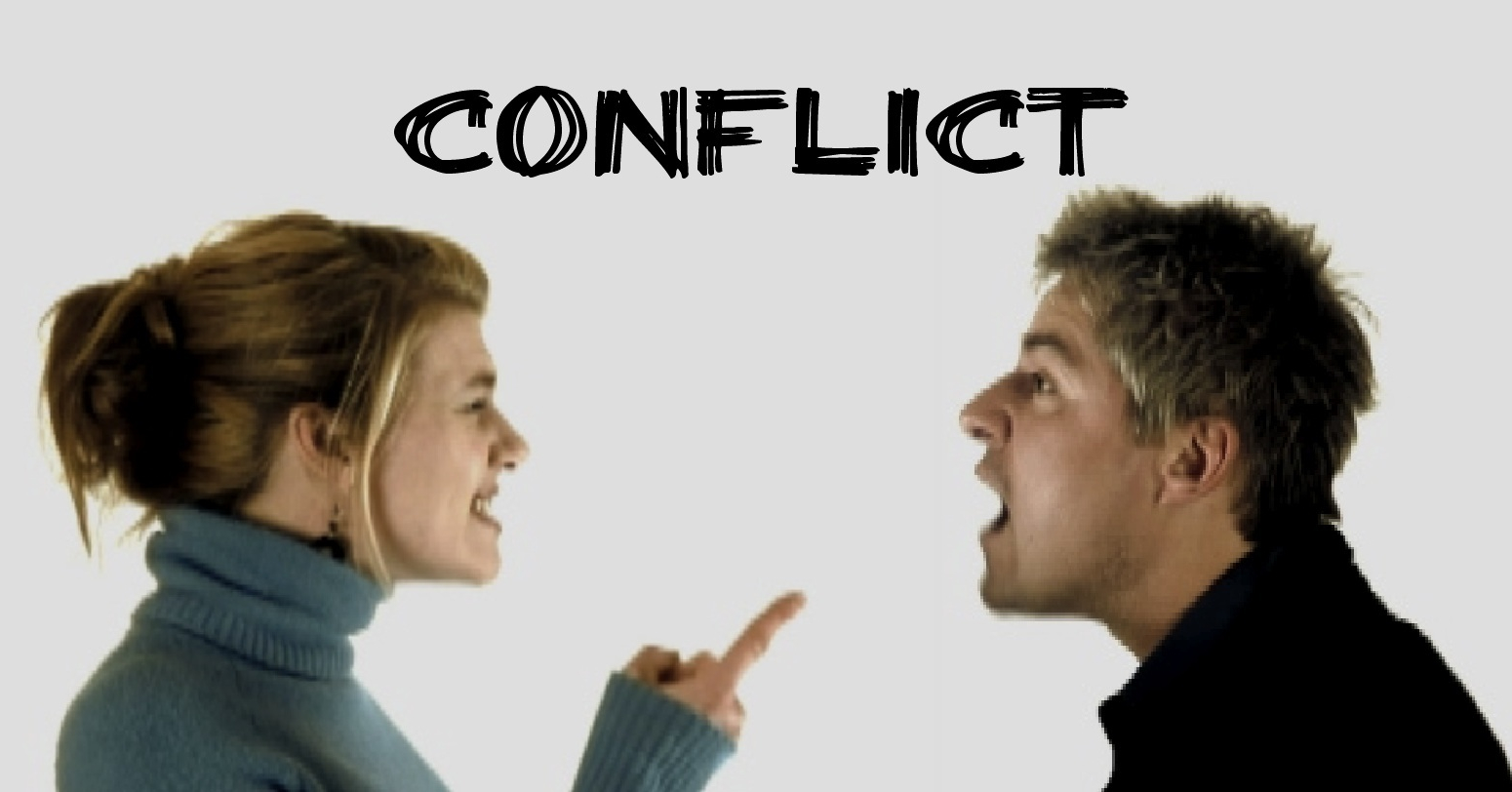Essay on the Role of Conflict in Our Society – Conflict is a fundamental social trait. According to Gumplowicz, the development of society has been marked by a ceaseless struggle. Karl Marx has explained this struggle as class struggle.
George simmel has maintained that a conflict-free harmonious group is practically impossibility. Society requires for its formation and growth harmony and disharmony, association and dissociation. Conflict may have positive as well as negative results. The negative and the positive effects of conflict may be briefly examined here.
ADVERTISEMENTS:
Negative Effects of Conflict:
Conflict has its own negative effects. Conflict is the most vigorous form of social interaction and evokes the deepest passions and strongest emotions. It disrupts social unity. It is a costly way of settling disputes. The results of intergroup conflict are largely negative in that such a struggle lowers the morale and weakens the solidarity of the group.
Conflict causes social disorder, chaos and confusion. War as a form of conflict may destroy the lives and properties of countless individuals. It may bring incalculable damage and immeasurable suffering to a number of people.
Human history is monumental evidence in this regard. The modern mode of warfare which can destroy millions of people and vast amount of properties within a few minutes has brought new fears and anxieties for the mankind.
ADVERTISEMENTS:
Conflict does a lot of psychological and moral damage also. It spoils the mental peace of man. Conflicts may even make the people to become inhuman. Lovers of conflict have scant respect for human and moral values. Conflicts between the labour and the management have resulted in material losses. Due to the labour strikes productivity decreases and men and machines become idle.
Positive Effects of Conflict:
It is wrong to assume that conflict has only the negative side and does always disservices. Thinkers like Ratzenhofer and Gumplowicz have said that society overcomes its problems and registers progress through ceaseless conflicts and endless struggles.
1. A limited amount of internal conflict may indirectly contribute to group stability. An occasional conflict within the group may keep its leadership alert and its policies up-to-date. If there is no scope for occasional expression, of conflict, and if it is deliberately suppressed, the accumulated discontent may explode and cause irreparable loss.
ADVERTISEMENTS:
2. External Conflict brings about social unity and oneness among the members. During the Indo-Pak War, all the political parties joined together forgetting their differences and supported the Government of India in facing the challenge.
3. Personal Conflicts also have their advantages. It is through constant struggling only that individuals can rise to a higher level. The opposition of one individual by the other is the only way in
Which the continued relationship can be made personally tolerable. A. W. Green writes: The verbal conflicts of friends, lovers and married couples, provided they stop short of personal abuse and are restricted to specific issues; often clear the air and permit once again the acceptance of relationship.”
Like competition, conflict is a fundamental human and social trait. Simmel maintained that a completely conflict-free, harmonious group is impossibility. C.H. Cooley writes, “it seems that there must always be an element of conflict in our relations with others as well as one of mutual aid the whole plan of life calls for it and love and strife sit side by side upon the brow of man.” He further says that the forms of opposition may change, but its amount is subjected to no general law of diminution.
The positive effects of conflict can be summed up in the following words: “Conflict of some sort is the life of society, the progress emerges from a struggle in which each individual, class or institution seeks to realise its own ideals of good. The intensity of this struggle varies with the vigour of the people, and its cessation, if conceivable would be death.”

